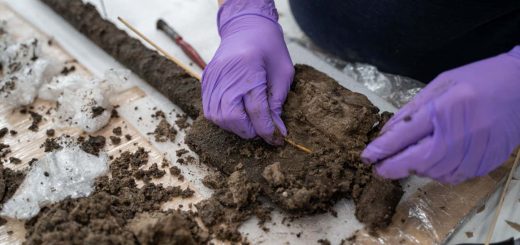Sudden infant death syndrome may have a biological cause
The condition may at least partly be caused by insufficient binding of a neurotransmitter to receptors in the brainstem
By Jacklin Kwan
25 May 2023
Sudden infant death syndrome may partly be caused by reduced binding of the neurotransmitter serotonin to receptors in the lower brainstem
janulla/iStockphoto/Getty Images
Researchers may have identified a biological mechanism behind sudden infant death syndrome (SIDS). A better understanding of the condition’s causes could help scientists to develop a test that predicts a baby’s SIDS risk.
SIDS occurs when an apparently healthy infant dies unexpectedly, usually during the first six months of their life while they are asleep. Why it occurs is unknown, but is thought to include a combination of factors, such as a baby’s development and their environmental exposures, such as to cigarette smoking.
To learn more, Robin Haynes at Boston Children’s Hospital, Massachusetts, and her colleagues analysed the brainstems of 70 deceased infants, of whom 58 died of SIDS and 12 died of other causes. Among the babies who died of SIDS, the researchers identified differences in how the neurotransmitter serotonin bound to their so-called 5-HT2A/C receptors, found in the lower brainstem.
Advertisement
In rodents, these receptors have been linked to protective functions during sleep, such as the ability to respond to low oxygen levels by gasping or waking up.
Among the babies who died of SIDS, there was reduced serotonin binding to the 5-HT2A/C receptors or the binding didn’t increase as expected as the infants got older, compared with the babies who died of non-SIDS causes, says Haynes.
These differences may combine with other biological and environmental factors, such as an infant’s sleeping position, to increase their risk of SIDS, say the researchers.


